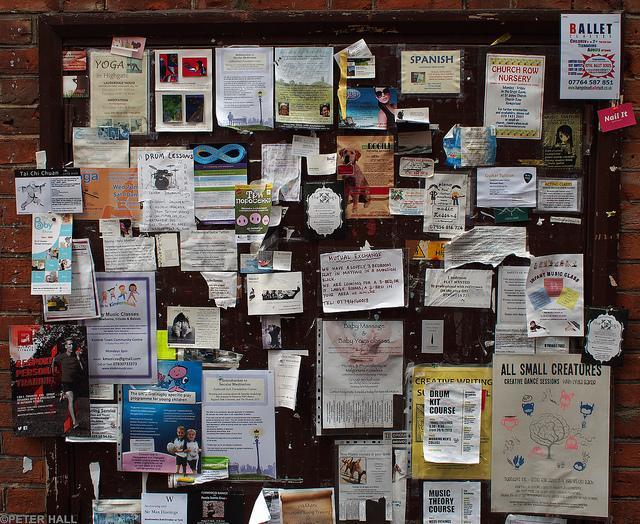
It's the people, stupid.
Over the last few months the team at Changing London have been soliciting ideas to make London a better place, with the aim of shaping the debate at the 2016 mayoral election. A new report, The Good City, corrals the best and brightest of these discussions into a vision for making London as inclusive as possible and giving Londoners a genuine stake in the city. It's easy to feel jaded about politics and the news cycle, but this is the most enthused by a manifesto we've been for some time. So much so that we're quoting chunks of it here.
As political ideas go this one is a Tardis. At first glance it looks small and insignificant. Then look around inside and you realise it’s enormous.
According to the report, stronger, more connected communities experience less crime and are more likely to be in good health. They can help tackle poverty — four times as many people find work through someone they know than through a Jobcentre. Our community affects us all on an economic, educational and mental level. This stuff's important.
Perhaps Londoners are disenchanted with politics because mayoral “big visions” often seem remote from our everyday lives. The “world’s most competitive city” is not an aspiration with which many can identify.
It turns out that the Labour party's been running some focus groups, and the first thing people want to talk about is community — or the lack of it. (That doesn't surprise us; your correspondent will have to be prised out of her patch of south east London with a crowbar, because it's the first place she found in this city where strangers stop and chat in the street without wanting anything.) What did surprise us is that people want to talk about community before they even get onto housing, or transport.
Sadiq Khan, Shadow Minister for London, said, "The ideas in this report are exciting because they don't cost much and require politicians to work with our communities rather than just doing things to them. The true power of City Hall isn't its powers over policing and transport, but its ability to bring people together, build alliances and champion causes."
Our city of thriving neighbourhoods needs inward investment, good buses and effective railways, decent employment opportunities and clean air and all the kinds of things that we expect to concern our elected leader. And it needs radical new approaches to the building and sustaining of relationships and to the development of places we can get our arms around. These are not alternatives to delivering the citywide fundamentals but nor are they incidental. A good mayor would do both.
There are lots of individual ideas in this report — local currencies like the Brixton Pound, more seats on streets, or going as far as involvement in areas where the mayor has no direct power, like healthcare — but the point is that Changing London doesn't want two or three to be cherrypicked, given a nice launch by a mayor and then ignored until they die a slow death. These projects should be part of a unified strategy, a new way of thinking that could improve all our lives.




